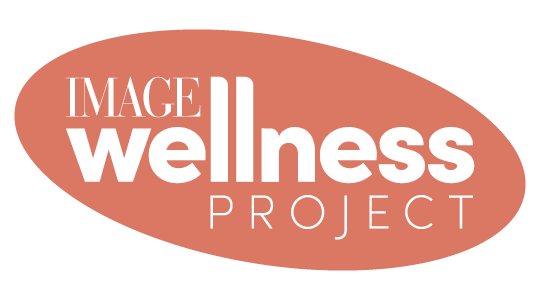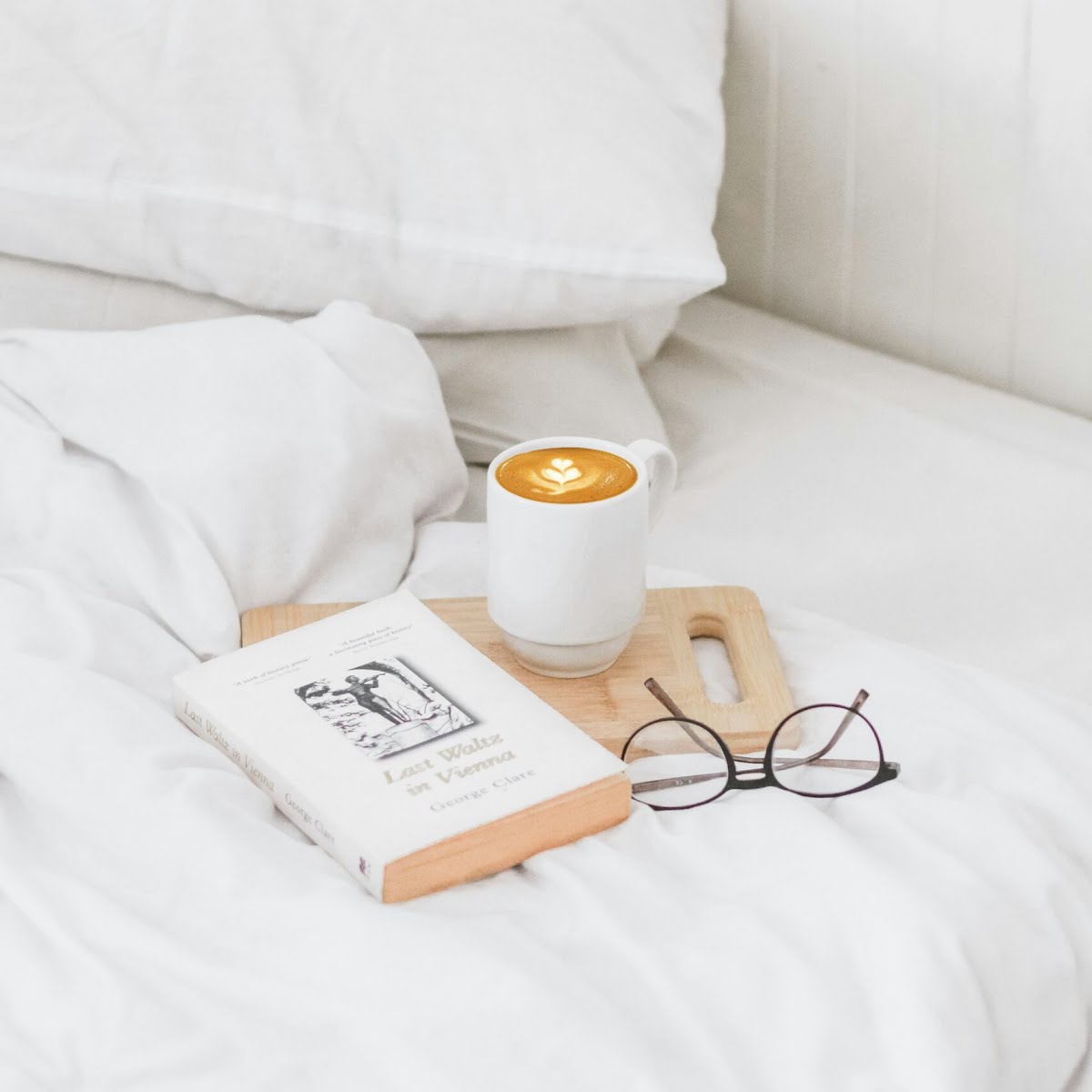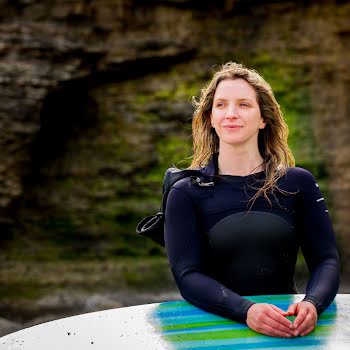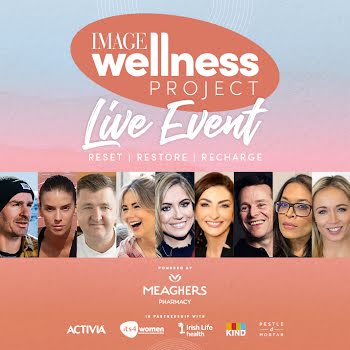This 10 minute exercise reduces daily stress, says Dr Clodagh Campbell


Do you struggle with stress or overwhelm? We ask Dr Clodagh Campbell (aka @the.wellness.pyschologist) to share her top tips for managing stress. The key, she says, is stimulating our Vagus Nerve.
Can you tell us about your work and what your role as a psychologist involves?
Being a psychologist entails supporting people to better understand and navigate their thoughts, feelings, emotions, behaviours and overall functioning in life. A lot of my work focuses on deep healing and empowering women to live happier and more peaceful lives, while offering themselves the same love, grace and compassion they so readily give to everyone else. I offer this support through my private practice, my podcast Unspoken, my Instagram page @the.wellness.psychologist and through media interviews, keynote speeches, and the beautiful healing events that I hold.
What are the most common causes of stress?
The busyness of life. Juggling 101 balls and spinning 101 plates, none of which we feel we can set down. This can include work life, home life or family responsibilities (or a combination of all three), and so often we rush from one responsibility to the next without giving ourselves a chance to slow down and breathe, and to signal to our bodies that we are safe and that we aren’t actually surrounded by the constant fires we feel we need to put out.

What is the difference between everyday stress and chronic stress, or anxiety?
Stress occurs when we are faced with more demands than we believe we are resourced to handle. Everyday stress is functional, in that we experience it for a reason. For example, it motivates us to perform and to achieve, however, stress can also signal to us (as a warning sign) when we are feeling overstretched and burdened beyond capacity.
This is where chronic stress comes into play and our bodies are stuck in fight or flight mode for a prolonged period of time, being constantly flooded with stress hormones like cortisol and adrenaline. This can hugely impact us, as the pressure and overwhelm living in this state brings, can lead to mental and physical health difficulties such as depression, anxiety, impacted sleep, burnout, high blood pressure, heart disease, arthritis and much much more.
What are some tools and techniques for managing stress?
Learning to regulate our nervous systems and lower the stress hormones our body releases when it feels we are under threat (so often, we are living in ‘fight or flight’ mode without even realising it) is an incredibly important skill for both our mental and physical health, and to reduce our stress levels, as it brings us from ‘fight or flight’ mode back into ‘rest and digest’ mode where we feel safe and our body feels able to relax and rest.
This is where the Vagus Nerve comes into play, as stimulating the vagus nerve to increase vagal tone (think building your bicep in the gym through consistently lifting weights), the faster and more easily we are able to bring our bodies and minds into ‘rest and digest’ mode to lower stress.
So how do we increase vagal tone?
– Through prioritising committing to our mental health and wellbeing by giving ourselves just 1% of our day (10-15 minutes) every single day.
– Within these daily 10 minutes we show our bodies that we are safe by slowing down and pausing amidst the busyness of life.
– The secret to achieving this is to schedule it into your day, every day, at a particular time that is achievable for you (bonus points if you habit stack this new habit to one that is already existent in your everyday life). For me, this is 8pm every evening when my daughters go to sleep.
– Pick one activity to complete in this daily 10 minutes e.g. meditation, journaling, a deep breathing or grounding exercise, mindfulness, a yoga stretch or sequence, a cold shower or a sea swim.
– The magic here is when you consistently practice your chosen activity, time and time again, every day (or as many days per week as you can realistically commit to e.g. 4).
– Science proves that following my advice will lower your stress levels significantly. So, can you commit to giving yourself just 1% of your day to transform your life?
Some find it impossible to quiet their mind, rendering meditation and various other mindfulness practices useless — how can they manage their stress?
When clients share this feedback with me, I explain to them that activities like meditation and mindfulness are skills we need to develop, like roller skating! Imagine the first time you set foot in skates, your coordination is all over the place and you feel vulnerable, and like you will never learn to navigate this new activity, however with a little time and practice, you get better and better and soon it becomes second nature to you.
Meditation and mindfulness are the same in that it can feel really difficult or exposing to sit in silence for five minutes, especially if your mind goes into overdrive and you are flooded with a whole host of thoughts and emotions, however by starting small, such as for five minutes a day, and being gentle and patient with yourself, you will notice the improvement (and joy!) that comes from these incredibly healing practices.
That said, for some people, meditation and mindfulness are just not their thing, but practices such as journaling, yoga, running, and sea swimming may be. So find the activity you love and do that.
How do you manage your stress?
I create pockets of time in my day to slow down and rest. I manage my schedule and say ‘No’ when I don’t have the capacity to do something. I meditate. I drink Cacao. I sea swim. I sleep as much as I can! I prioritise ‘me time’. Over the years I’ve gotten really good at giving myself permission to do all of these things that I absolutely love, guilt-free, because I know they work and because I am a far better mother, wife, daughter, friend, and psychologist when I do.
The IMAGE Wellness Project is powered by Meaghers Pharmacy and in association with Activia, its4women, Irish Life Health, KIND and Pestle & Mortar. Visit our Wellness Hub to download your valuable workbook and to follow weekly updates including interviews, videos and podcast episodes with our leading wellbeing experts.























